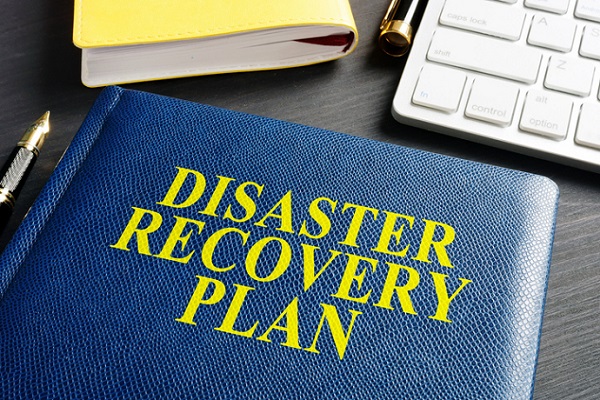Health Payers Support Care Access During Natural Disasters
Private and public payers help members with chronic disease management, transportation, access to care and medication, and other challenges posed by Hurricane Dorian.

Source: Getty Images
- Private payers and public payers alike have been working to assist states thrashed by Hurricane Dorian by driving care coordination and patient care access.
After HHS Secretary Alex Azar declared a public health emergency in North Carolina, he said the department is mobilizing in five main ways.
CMS is giving beneficiaries greater freedom with certain regulations as the individuals deal with Hurricane Dorian and its aftermath. The flexibilities apply retroactively for North Carolina to September 1.
HHS has teams from the National Disaster Medical System and an Incident Management Team on the ground, a total of 200 personnel. These teams are equipped with around 100 tons of supplies to address medical emergencies.
CMS is also working with the Office of the Assistant Secretary for Preparedness and Response and state officials to gather and share data relevant to the crisis so that authorities can make informed decisions in the face of the disaster. This encompasses identifying and serving beneficiaries with electrically powered medical devices or in-home healthcare assistance.
For beneficiaries with chronic kidney conditions, a population that has been a focus for CMS this year, CMS is mobilizing its Kidney Community Emergency Response Program to ensure that beneficiaries have dialysis access and to maintain the kidney facilities.
HHS also offered a Disaster Distress Helpline so that traumatized, stressed, anxious, or depressed victims of Hurricane Dorian can receive free counseling by phone (1-800-985-5990) or by texting “TalkWithUs” to 66746.
Lastly, the FDA is tracking prescription and medical product shortages.
Meanwhile, private payers have also offered their support to members and nonmembers in need in North Carolina and other affected areas primarily in Florida, Georgia, and South Carolina.
Many are lowering their out-of-network rates, even temporarily equalizing them with in-network rates. They are offering early prescription refills for those who take medications regularly and may run out during Hurricane Dorian or the aftermath. Private payers have also set up helplines for mental counseling, which may be available for free to both members and nonmembers, and some are posting tips for staying safe during Hurricane Dorian.
A couple of major payers’ additional efforts stand out from among these contributions.
Florida Blue, a Blue Cross Blue Shield company, highlighted virtual care as an option for Hurricane Dorian relief. Through their virtual care system, Teladoc, anyone in Florida can access nonemergency care for free.
The physicians on this platform can offer diagnoses for non-emergency health conditions and are authorized to prescribe medications.
Individuals wishing to utilize this service would need to call the National Disaster hotline (855-225-5032) and can download the Teladoc app from the Teladoc website.
In addition to these individual services, Pat Geraghty, President and CEO of Florida Blue, recently announced he would be donating $150,000 toward disaster recovery in Florida and in the Bahamas, which was devastated by Hurricane Dorian on Monday and Tuesday.
Wellcare is providing transportation in Florida for those in need of medical attention.
The payer asked for those who are not in urgent need of transportation to wait to call the line. The service is primarily for members in need of transportation for emergency care or who already have a non-emergency appointment for which they need a ride. Those in the latter group should only do so if they know that their provider’s office will be open.
UnitedHealthcare (UHC) recognized that, in the scramble and chaos of the preparations and the hurricane, members might lose their ID cards. The payer noted solutions on its website in the case of a missing ID card.
Members could first call the UHC helpline directly. Additionally, Medicaid, employer-sponsored, and individual health plan members can use the Health4Meapp to access card information, their in-network providers, and their benefits.
Many payers have been inventing new ways to tackle members’ care access needs, a key social determinant of health. Hurricane Dorian emphasizes, in a drastic way, the need for such innovation.
